Do drone strikes create more terrorists than they kill?

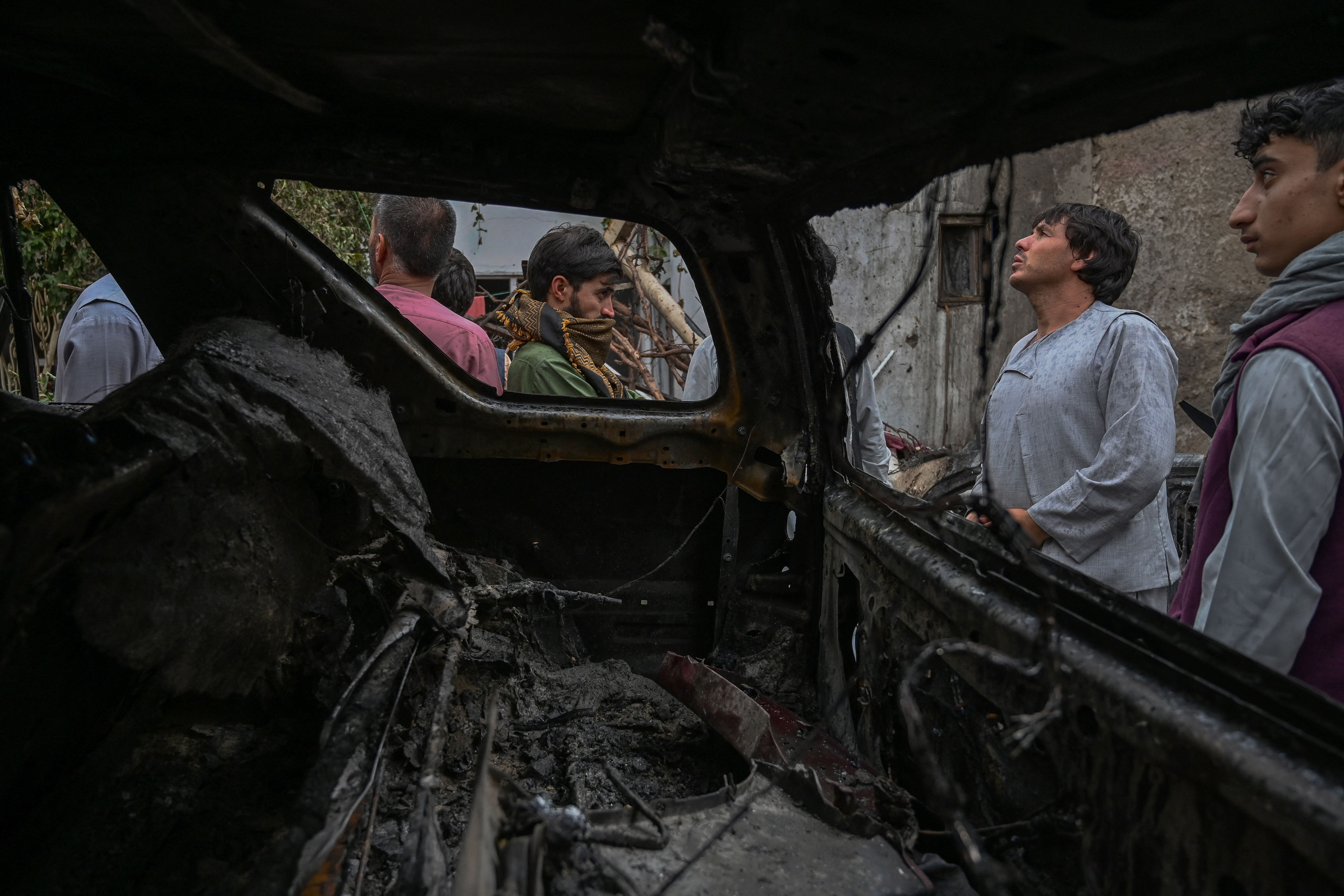
A free daily email with the biggest news stories of the day – and the best features from TheWeek.com
You are now subscribed
Your newsletter sign-up was successful
In a horrific late Friday afternoon news dump, the Pentagon confirmed what was widely suspected: their investigation had concluded that a drone strike conducted on the way out of Afghanistan killed an aid worker and members of his family, including children, rather than an ISIS-K terrorist. What had once been defended as a "righteous strike" was now a "tragic mistake."
If we are not careful, it is one that will be repeated regularly. Because the risk to American personnel is significantly less than having boots on the ground, there will be a temptation to promiscuous drone strikes as an easy counterrorism solution. But in addition to the immorality of inflicting death on civilians, errant strikes and collateral damage come with a terrorism risk.
The family of the aid worker could be radicalized against the United States. If such killings occur with increasing frequency, this effect could ripple throughout the Afghan population. Consider: Would Americans have ever wanted to make war against, or even thought much about, Afghanistan if it wasn't for the 9/11 attacks? We still must ask whether we are killing more terrorists than we are creating.
The Week
Escape your echo chamber. Get the facts behind the news, plus analysis from multiple perspectives.

Sign up for The Week's Free Newsletters
From our morning news briefing to a weekly Good News Newsletter, get the best of The Week delivered directly to your inbox.
From our morning news briefing to a weekly Good News Newsletter, get the best of The Week delivered directly to your inbox.
Those of us who wish to end the forever wars that came after 9/11 and also prevent future iterations of the attacks on our country must grapple with what happened to Zemari Ahmadi. An inherent risk of the "over the horizon" strategy rightly touted as an alternative to permanent occupation of foreign lands is that we keep bombing but with intelligence inferior to that which we can gather on the ground. There remains a strong need for a sufficient intelligence capability monitoring potential threats, neither missing them before they hit the homeland nor misunderstanding them and harming the innocent.
The dreadful alternative calls to mind a trenchant exchange Sen. Rand Paul (R-Ky.) had with Secretary of State Antony Blinken while the drone strike was still under review. "We can't sort of have an investigation after we kill people," the Kentucky Republican said. "We have an investigation before we kill people."
A free daily email with the biggest news stories of the day – and the best features from TheWeek.com
W. James Antle III is the politics editor of the Washington Examiner, the former editor of The American Conservative, and author of Devouring Freedom: Can Big Government Ever Be Stopped?.
-
 How Democrats are turning DOJ lemons into partisan lemonade
How Democrats are turning DOJ lemons into partisan lemonadeTODAY’S BIG QUESTION As the Trump administration continues to try — and fail — at indicting its political enemies, Democratic lawmakers have begun seizing the moment for themselves
-
 ICE’s new targets post-Minnesota retreat
ICE’s new targets post-Minnesota retreatIn the Spotlight Several cities are reportedly on ICE’s list for immigration crackdowns
-
 ‘Those rights don’t exist to protect criminals’
‘Those rights don’t exist to protect criminals’Instant Opinion Opinion, comment and editorials of the day
-
 Operation Rubific: the government's secret Afghan relocation scheme
Operation Rubific: the government's secret Afghan relocation schemeThe Explainer Massive data leak a 'national embarrassment' that has ended up costing taxpayer billions
-
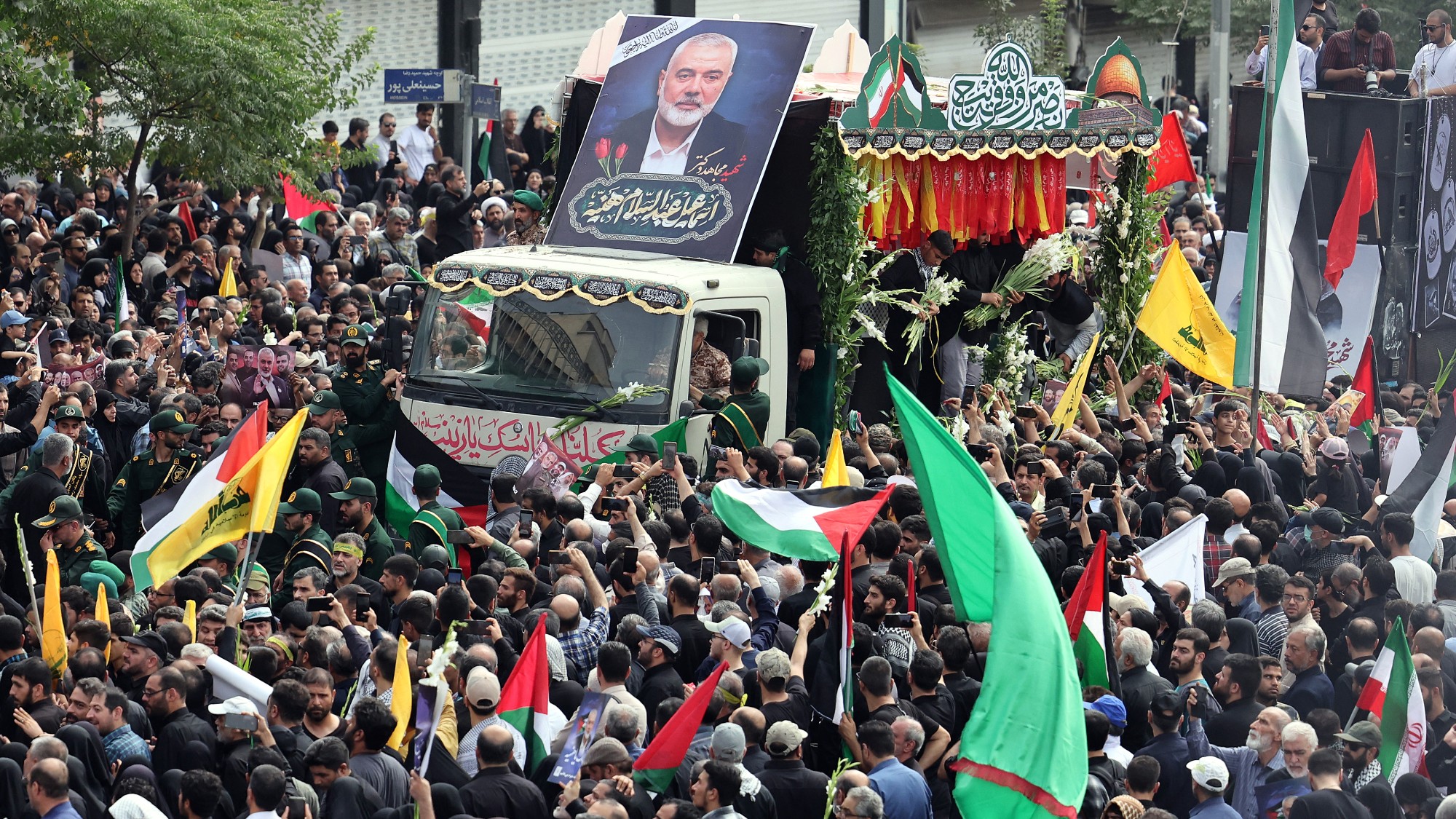 Iran and Israel: is all-out war inevitable?
Iran and Israel: is all-out war inevitable?Talking Points Tehran has vowed revenge for assassinations of Hamas and Hezbollah leaders, but Gaza ceasefire could offer way out
-
 Grant Shapps goes to war on military's 'woke' diversity policies
Grant Shapps goes to war on military's 'woke' diversity policiesTalking Point Defence secretary condemns 'extremist culture' as Army reportedly plans to relax security checks on overseas recruits
-
 The Taliban’s ‘unprecedented’ crackdown on opium poppy crops in Afghanistan
The Taliban’s ‘unprecedented’ crackdown on opium poppy crops in Afghanistanfeature Cultivation in former poppy-growing heartland Helmand has been slashed from 120,000 hectares to less than 1,000
-
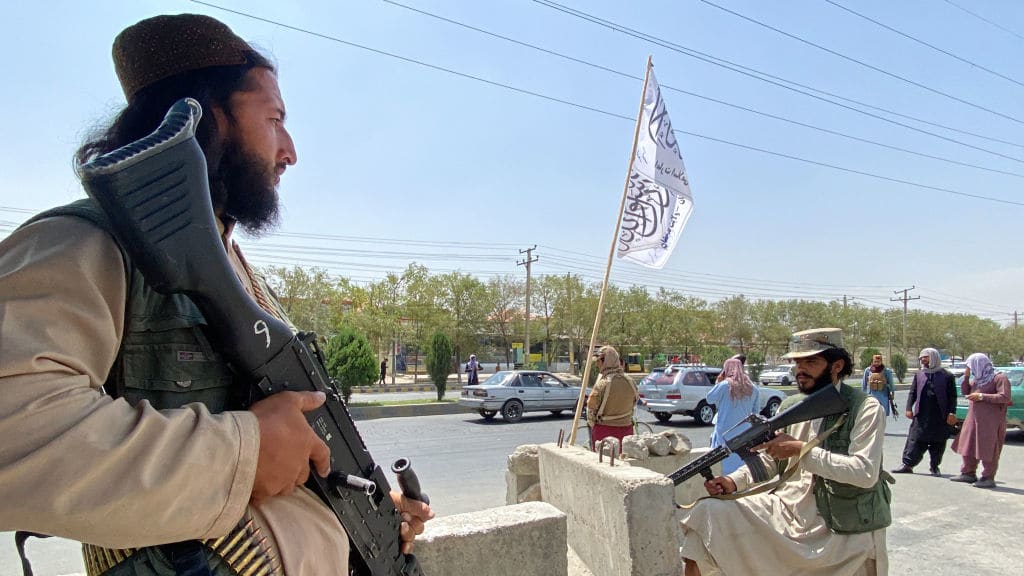 Taliban releases 2 Americans held in Afghanistan
Taliban releases 2 Americans held in AfghanistanSpeed Read
-
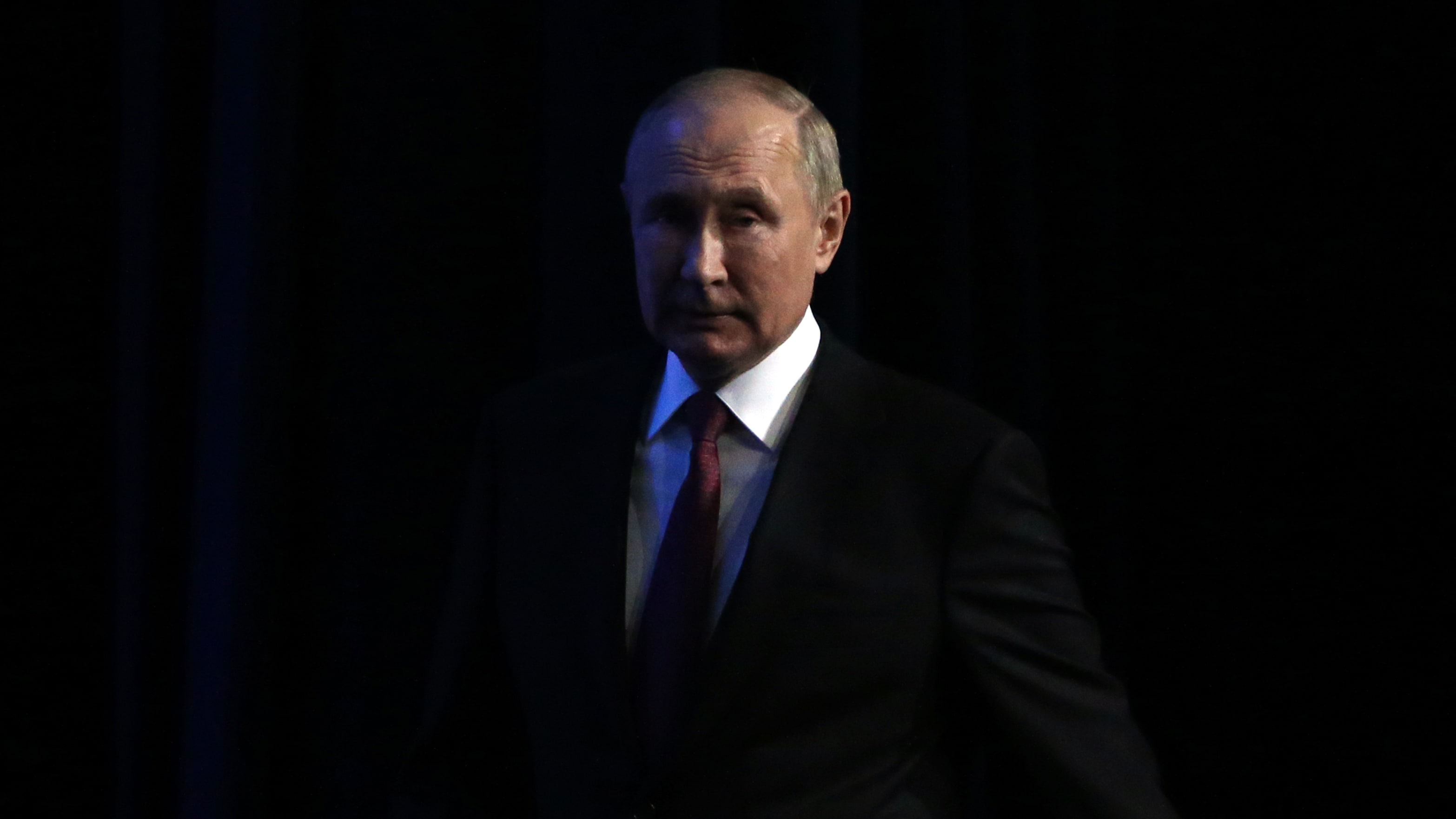 Putin's nightmare
Putin's nightmareTalking Point How Russia’s reckless czar is making his worst fears come true
-
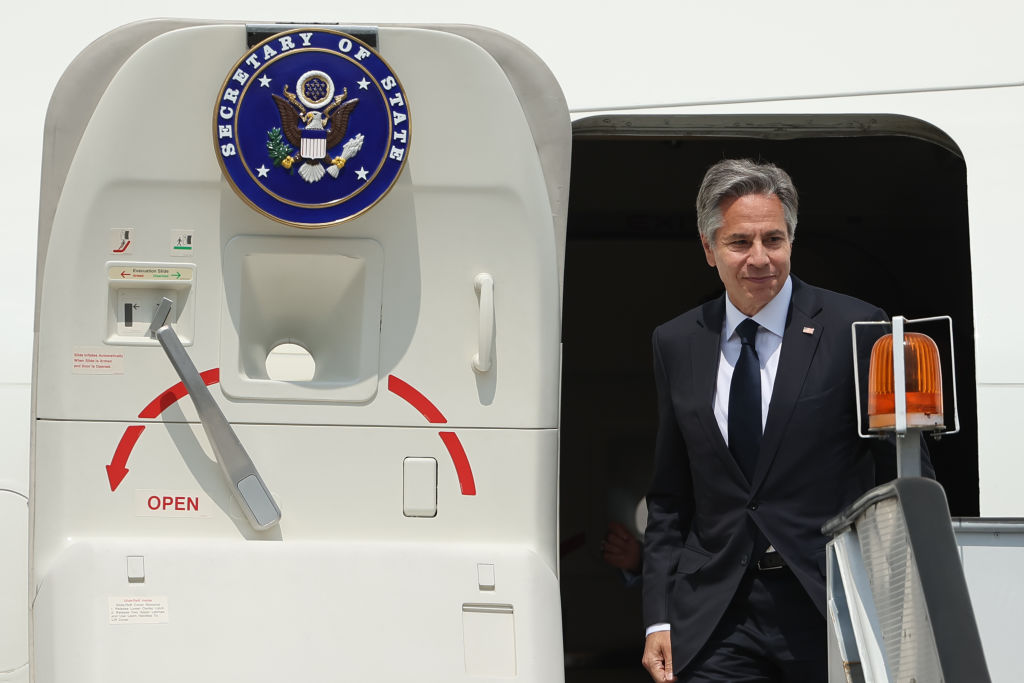 American detained in Afghanistan for over 2 years released in prisoner exchange
American detained in Afghanistan for over 2 years released in prisoner exchangeSpeed Read
-
 Afghanistan: A year after the withdrawal
Afghanistan: A year after the withdrawalopinion What did the U.S. leave behind when it pulled out of Afghanistan?
